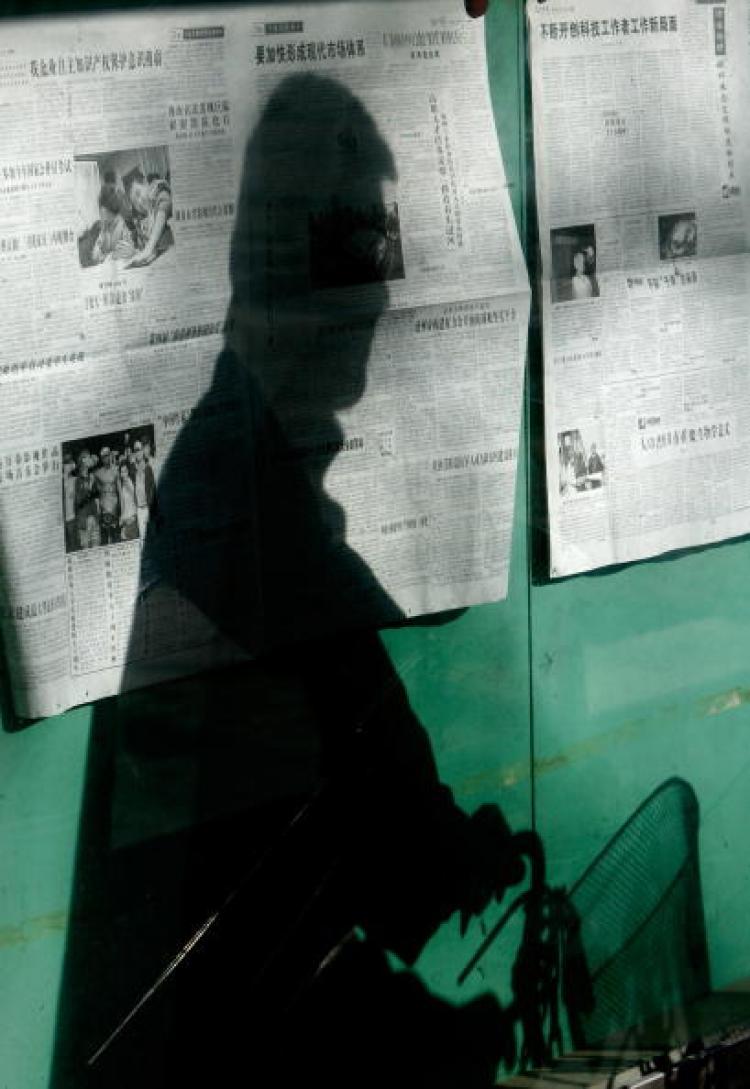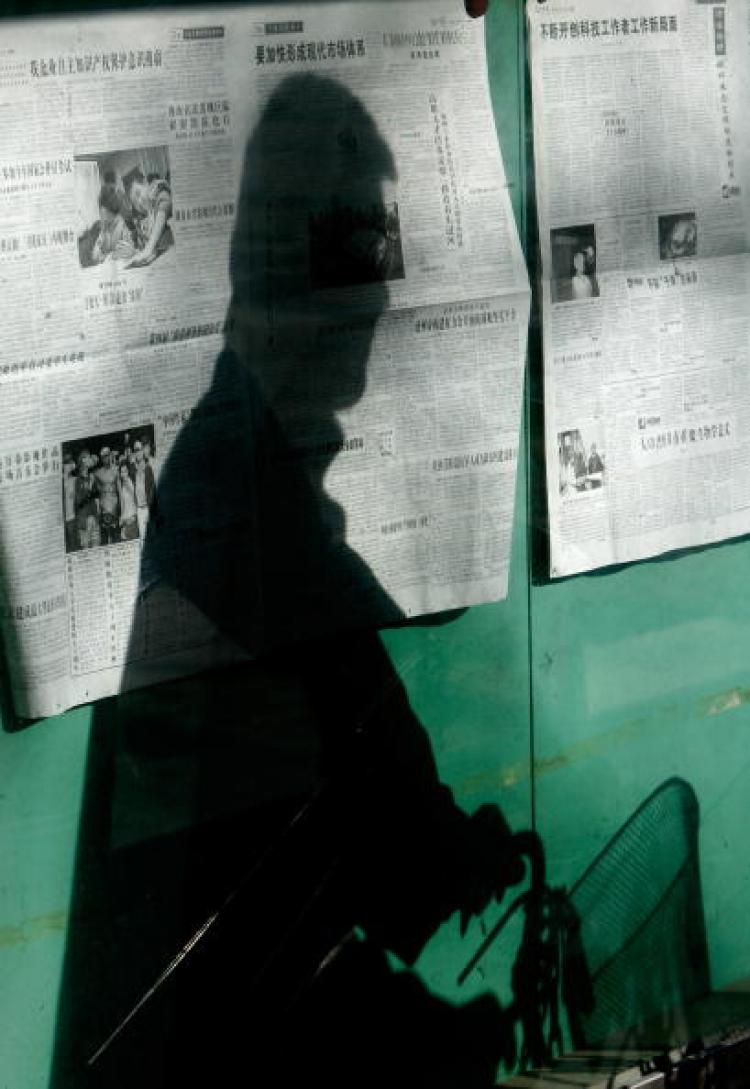A Chinese journalist and human rights activist has been imprisoned for giving interviews to foreign media including The Epoch Times, and a popular blogger has been attacked and stabbed in Beijing.
Yuan Xianchen was jailed for four years earlier in March by a court in the northeastern province of Heilongjiang, in the city of Jixi. He was also given a subsequent five year loss of civil rights
Yuan was sentenced for “inciting subversion of state authority” for having articles and interviews published in The Epoch Times and for writing an article entitled Save China, adopt a democratic constitution that was distributed to petitioners during the People’s National Congress in 2005. He was also convicted of giving interviews to foreign media and for receiving money from foreign organisations.
International media watchdog, Reporters Without Borders, has called upon the Chinese authorities to immediately release Yuan Xianchen from prison. The organization believes his arrest was prompted by the help he gave an activist Yang Chunlin in collecting signatures for the open letter entitled “We want human rights, not Olympic Games”.
Yuan’s lawyer claims that since he was arrested in May 2008, Yuan has been repeatedly tortured by police to extract a confession from him. Reporters without Borders condemned the Chinese authorities for using torture on Yuan and saying it was, “absolutely shocking and contrary to the undertakings given by the Chinese government”.
The charge of “inciting subversion of state authority” is defined by article 105 (2) of the Chinese criminal code, which was adopted in 1997. Since then, it has been the charge that is most often used by the authorities to jail dissidents and restrict free expression.
Blogger Attacked
In another incident Reporters without Borders claimed a popular Chinese blogger, Xu Lai, was assaulted and stabbed by two unidentified men at a Beijing bookshop.
Xu Lai had just given a reading at the Dan Xiang Jie bookshop on the theme of “Xu Lai’s Tastes”..He was accosted by two men in the bookshop’s bathroom. One stabbed him twice in the stomach. The other tried to cut off one of his hands with a cleaver. His assailants reportedly told him they had come to “take revenge”.
Xu Lai is also known by the blogging name of “Qian Liexan, but the motive for the attack is unclear.
Reporters without Borders has called for a thorough investigation saying: “If it turns out that Xu was attacked because of what he has posted online, this act of violence would be particularly serious and disturbing for all Chinese bloggers and would need to be punished accordingly”.
Reporters Without Borders said the internet had become a forum for Chinese people to raise issues but not everyone wanted these views aired publicly:
“Xu’s blog is widely read in China and his celebrity status may have prompted this criminal attack,” the organisation said.
China has 298 million Internet users – more than in any other country in the world. It is also the world’s biggest prison for cyber-dissidents. A total of 49 people are currently detained for expressing their opposition to the ruling Communist Party online.
The Internet is closely monitored by the government, which launched a major filtering offensive on January 5, 2009 with the declared aim of combating pornography.
According to a Reporters Without Borders tally, more than 2,500 news and information websites have been blocked in 2009 because of their political content. Article 35 of the Chinese constitution nonetheless guarantees the right to free expression.



